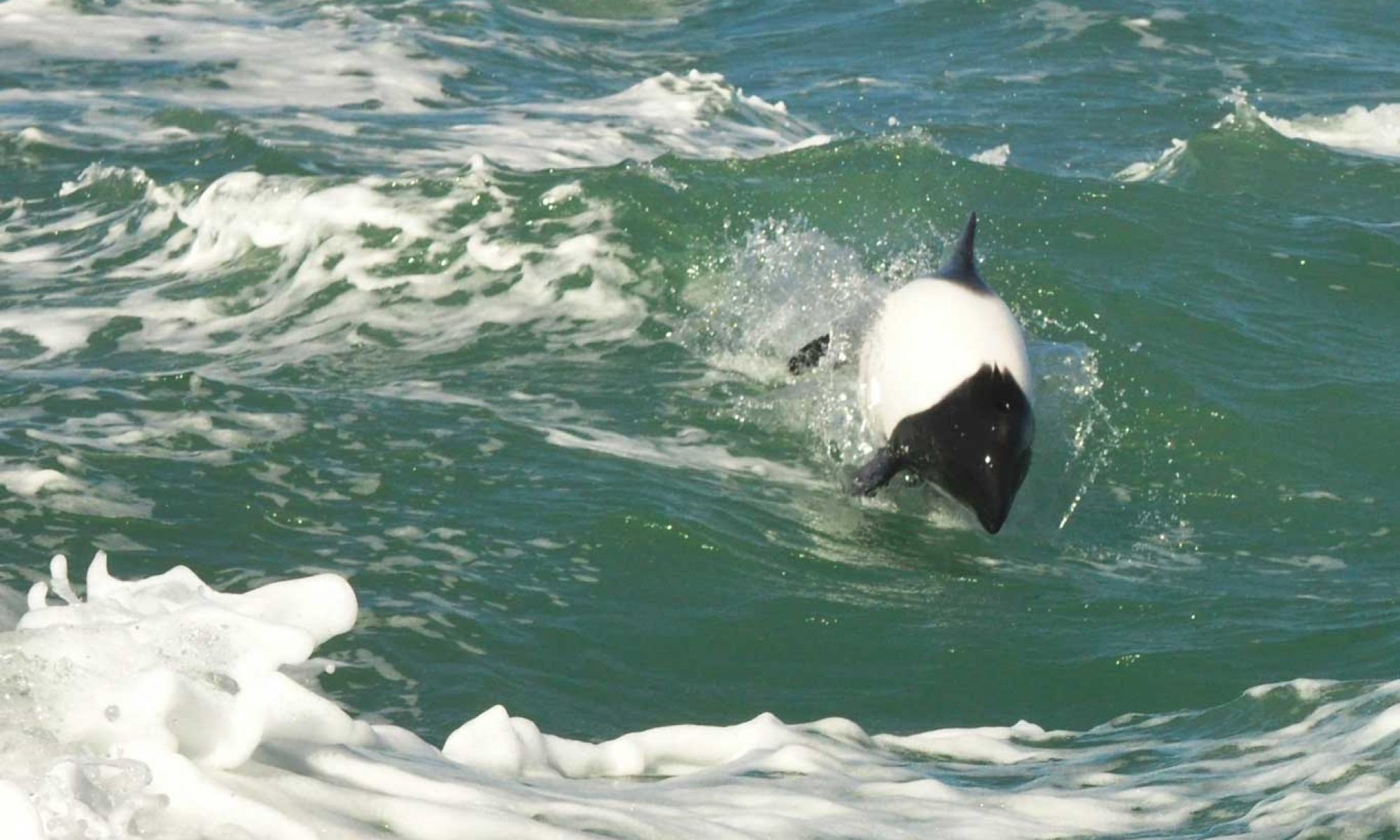Animal welfare for species conservation | YAQU PACHA has been active as a species conservation organization in South America and Latin America since 1992 to save endangered aquatic mammal species from extinction.
But YAQU PACHA is also active in animal protection, such as rescuing stranded La Plata dolphins. These are mostly juveniles and dolphin calves that we find on the beaches as part of the beach inspections of our partners - such as CRAM-FURG in Brazil, Karumbé in Uruguay or Fundación Mundo Marino in Argentina.
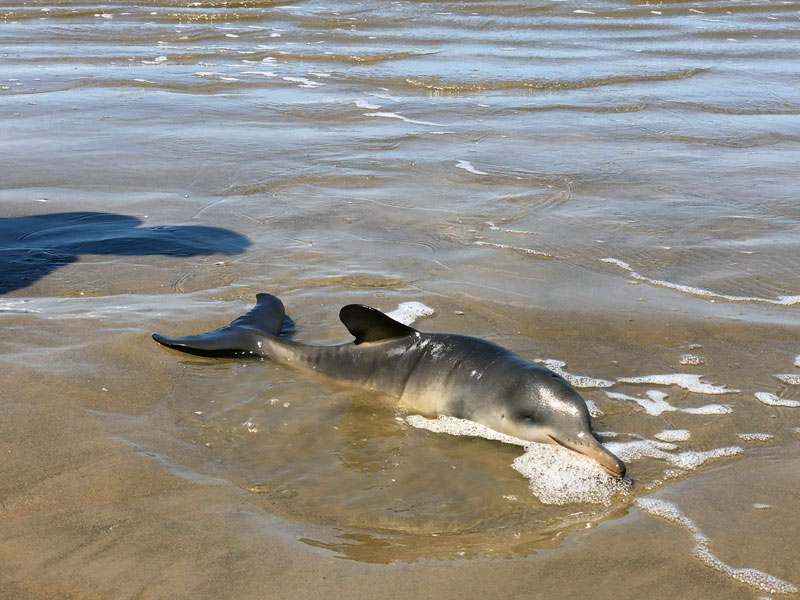
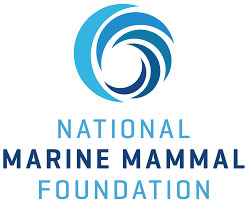
In this context, YAQU PACHA is working with the National Marine Mammal Foundation (USA) and local organizations to develop a coordinated, step-by-step action plan for the conservation of the La Plata Dolphin - Franciscana - Toninha. As a first step, the strategy aims to unify existing rescue and rehabilitation efforts in animal conservation in South America and improve neonatal survival rates. For this purpose, local veterinarians will be equipped with the knowledge and tools with the aim of improving the survival rates of the animals.
This animal protection project will serve as a guide for future conservation efforts for other small dolphins and porpoises facing similar threats.
Procedure
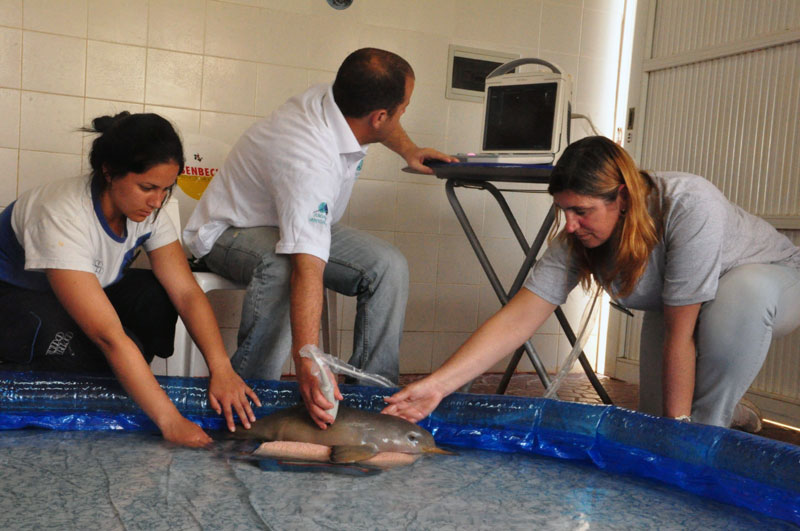
In the event of a live stranding, the animals are taken to the nearest rehabilitation centre in special boxes as quickly as possible for medical care and examination. The first examinations take place in the centre and first aid is administered. The animals are cared for there in special water basins equipped with high-quality filter systems, which is crucial for the survival of the La Plata dolphins.
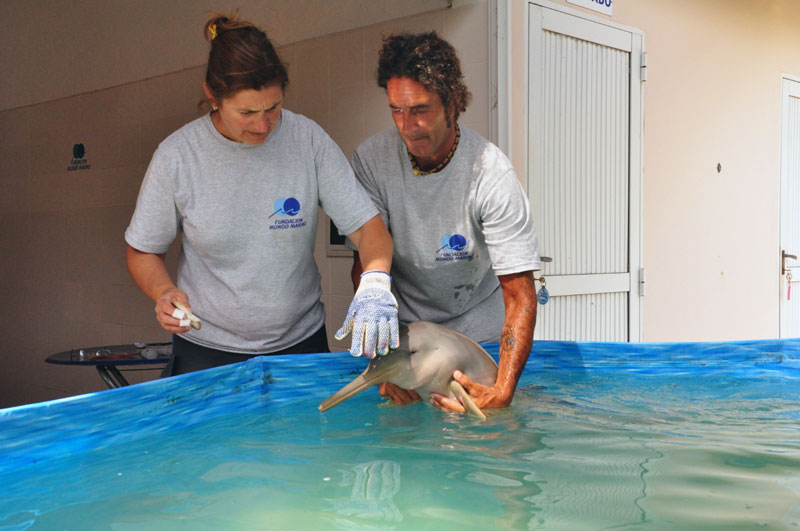
The goal of YAQU PACHA is to provide the animals with the best possible care by providing all necessary equipment, such as tanks and filter systems, transport boxes, milk, medicines and other equipment.
You are welcome to support us with our WISH LIST with your targeted animal welfare donations.
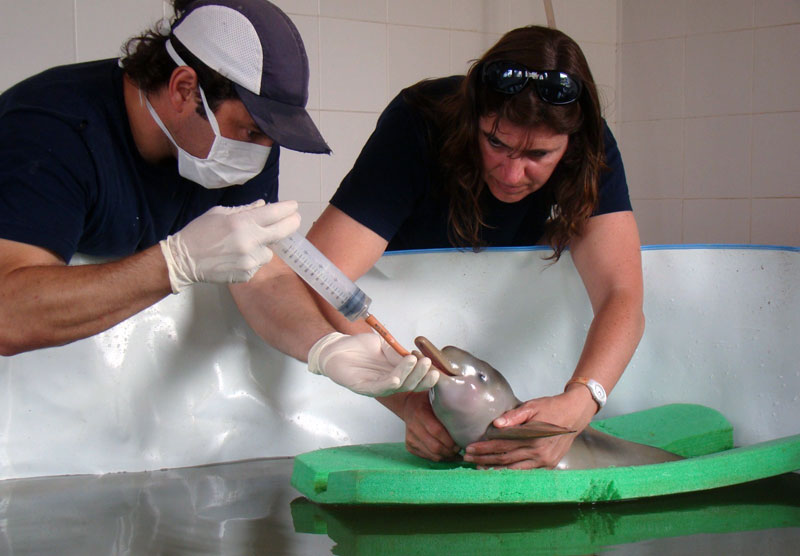
The rescued dolphins are monitored around the clock, receive medication if necessary and are provided with a special rearing milk at regular intervals. In the case of small whales, a very special milk is required, which is produced exclusively in the USA as dry milk.
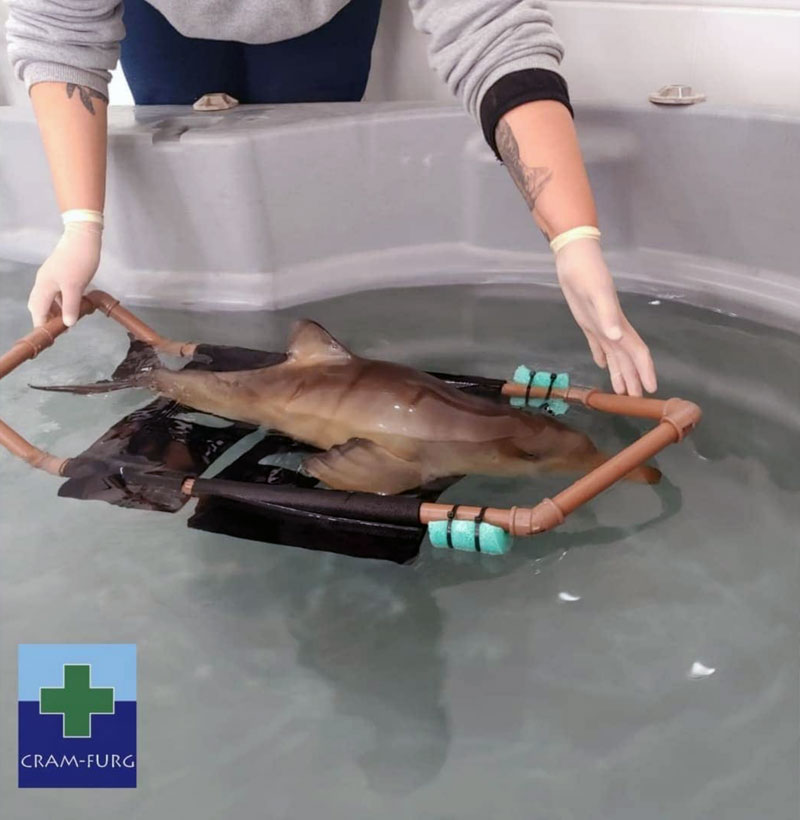
It is known that several newborn small whales have been successfully hand-reared and rehabilitated with this product in many countries. These products are currently not available in South America. The milk substitutes available locally contain ingredients such as soy and excessive carbohydrates that the animals cannot digest, which is why they cannot tolerate the products.
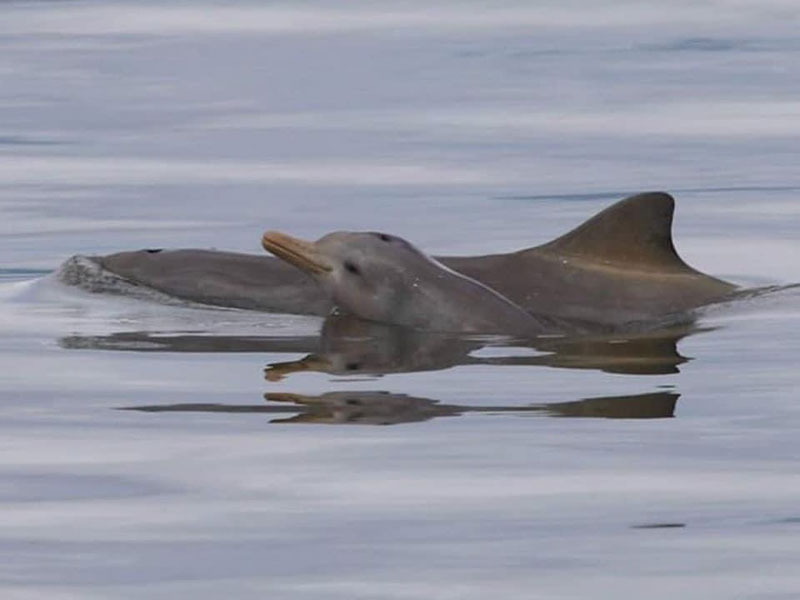
Rehabilitated neonates are certainly the most challenging for first responders because the initial stages of rehabilitation are complicated and because these animals rarely have contact with conspecifics and must become accustomed to human care. Despite these difficulties, the ultimate goal in animal protection for these rehabilitated animals should be life in a natural or semi-natural habitat.
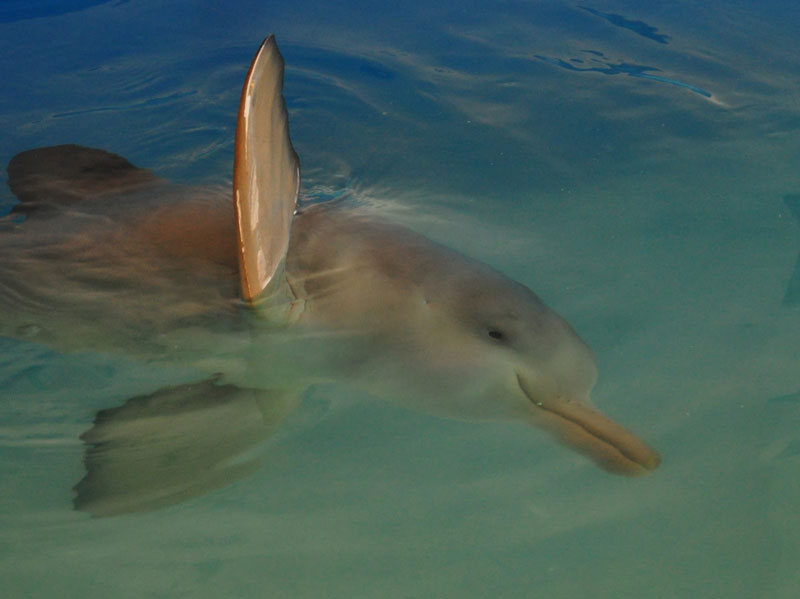
This work in animal protection is not only important to save individual dolphins, but helps us to better understand these animals and improve our work in animal protection, but also in species conservation.
Please support us in this very important project animal protection for the protection of species with your donations
Alliance for Franciscana-Dolphin Conservation Research, Rescue and Rehabilitation (AFC3R)
The Alliance for Franciscana Dolphin Conservation Research, Rescue and Rehabilitation (AFC3R) was founded in 2019 following the ESOCC Franciscana WorkShop in Argentina and in response to the high number of live strandings of La Plata dolphins (Pontoporia blainvillei) in South America. In the last 20 years, this number has exceeded 133 animals, although these figures refer to only a small part of the total range.
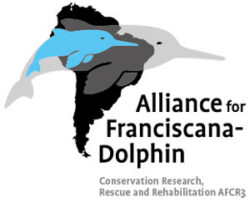
Due to its preference for coastal waters, this species is particularly susceptible to anthropogenic influences, especially to unintended mortality, especially in gill net fishing. Although the exact figures for Franciscana bycatch for the entire range are not yet known, the high annual mortality rates calculated for some areas suggest that bycatch levels are not sustainable. Since the La Plata dolphin is threatened with extinction in some regions, it is classified as "vulnerable" by the IUCN worldwide . At the regional level, such as Brazil, it is classified as critically endangered.
The alliance includes over 27 professionals, including veterinarians, biologists and rehabilitation professionals, all of whom have many years of experience in dealing with small whales. The participants of this alliance come from Brazil, Uruguay, Argentina, the USA and Germany and represent various institutions.
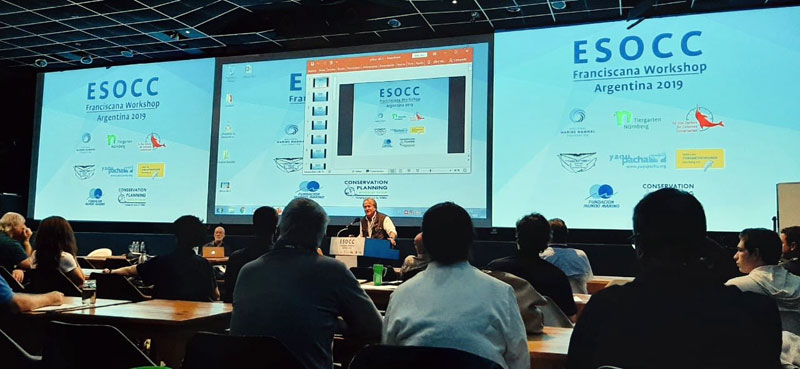
The main goal of the group is to develop rehabilitation protocols for stranded La Plata dolphins that follow strict scientific criteria but are also based on management knowledge. All South American colleagues have worked in rehabilitation centers in their home countries for years and have a wide range of expertise in this field. The development of the protocols was a step-by-step, collaborative process that drew on local and species-specific expertise, as well as expertise from working with other small cetaceans. The first protocols were partially applied during the 2020 stranding season, when three stranded La Plata dolphins were found in Argentina and Brazil. This practical application during protocol development not only helped to test the protocol for its applicability, but also to improve it. The development of the protocol also included standardizing data collection for live and dead animals, so that data gaps could be filled by each stranded animal. During the development of the protocols, it also became clear that it is not enough to define the different phases of rehabilitation, but that it is also immensely important to specify the material requirements that are ultimately necessary for successful work. Therefore, it is another task of the alliance to ensure that the rehabilitation centers in South America are equipped with the necessary materials/medicines for the animal welfare of dolphins.
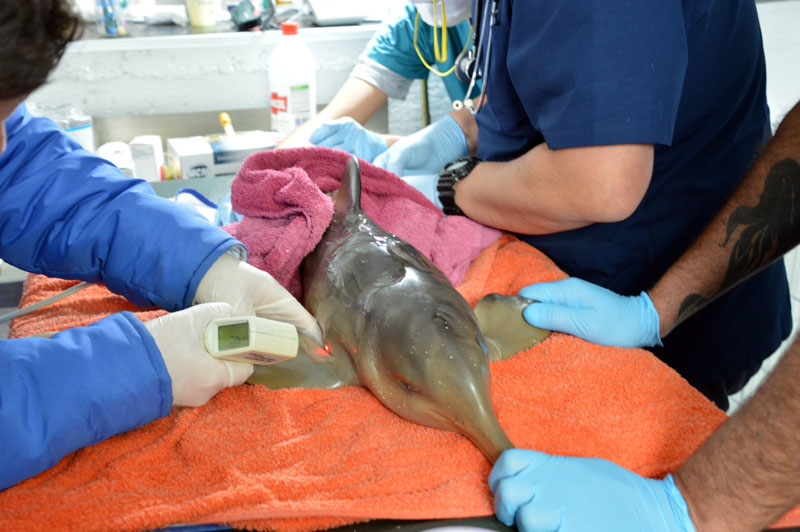
In the future, these protocols will serve as "living documents" that will be updated regularly as the experience gained from the individual rehabilitation measures is gained. In addition, the protocols also serve as a model for future conservation efforts for other dolphin species around the world that face similar problems.
After all, the alliance wants to raise awareness of the protection of this endangered dolphin species through its activities.
Members of the Alliance:
YAQU PACHA e.V., Germany
Nuremberg Zoo, Germany
National Marine Mammal Foundation, USA (NMMF)
Dolphin Quest, USA
Fundación Mundo Marino, Argentina
Mundo Marino, Argentina
Aquarium, Argentina
Aqua Marina, Argentina
Karumbé, Uruguay
Yaqu Pacha Uruguay, Uruguay
Centro de Recuperação de Animais Marinhos (CRAM–FURG), Brazil
AIUKA, Brazil
Associação R3 Animal, Brazil
Univ. of São Paulo, Brazil
Our Partners | Project La Plata Delfin | La Plata Dolphin | Animal species that YAQU PACHA is working to protect | Flight Counts – Aerial Survey – Your Donation Counts | Species Conservation | Sea Otter | Project Vaquita | Support us
